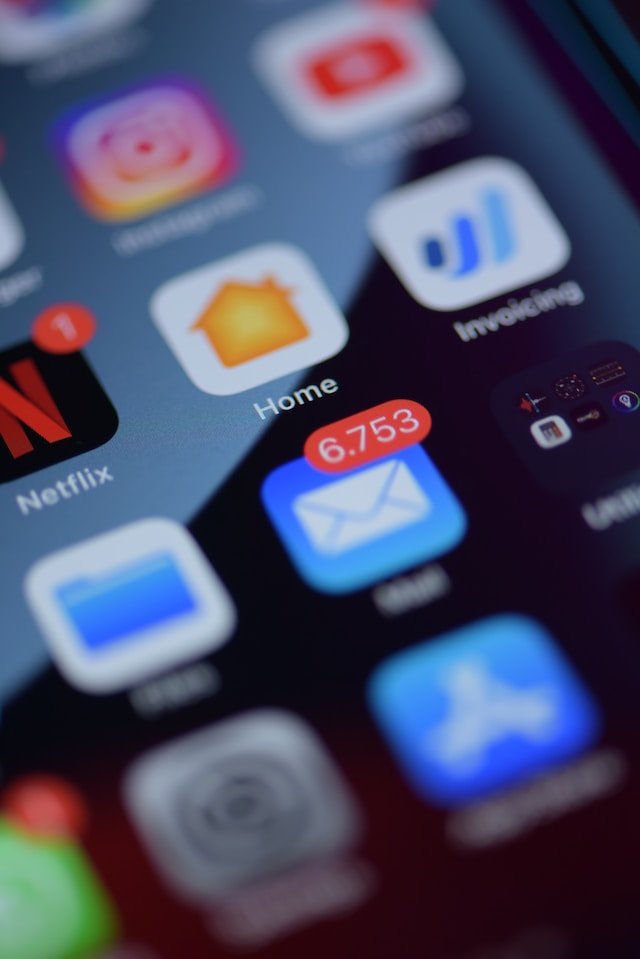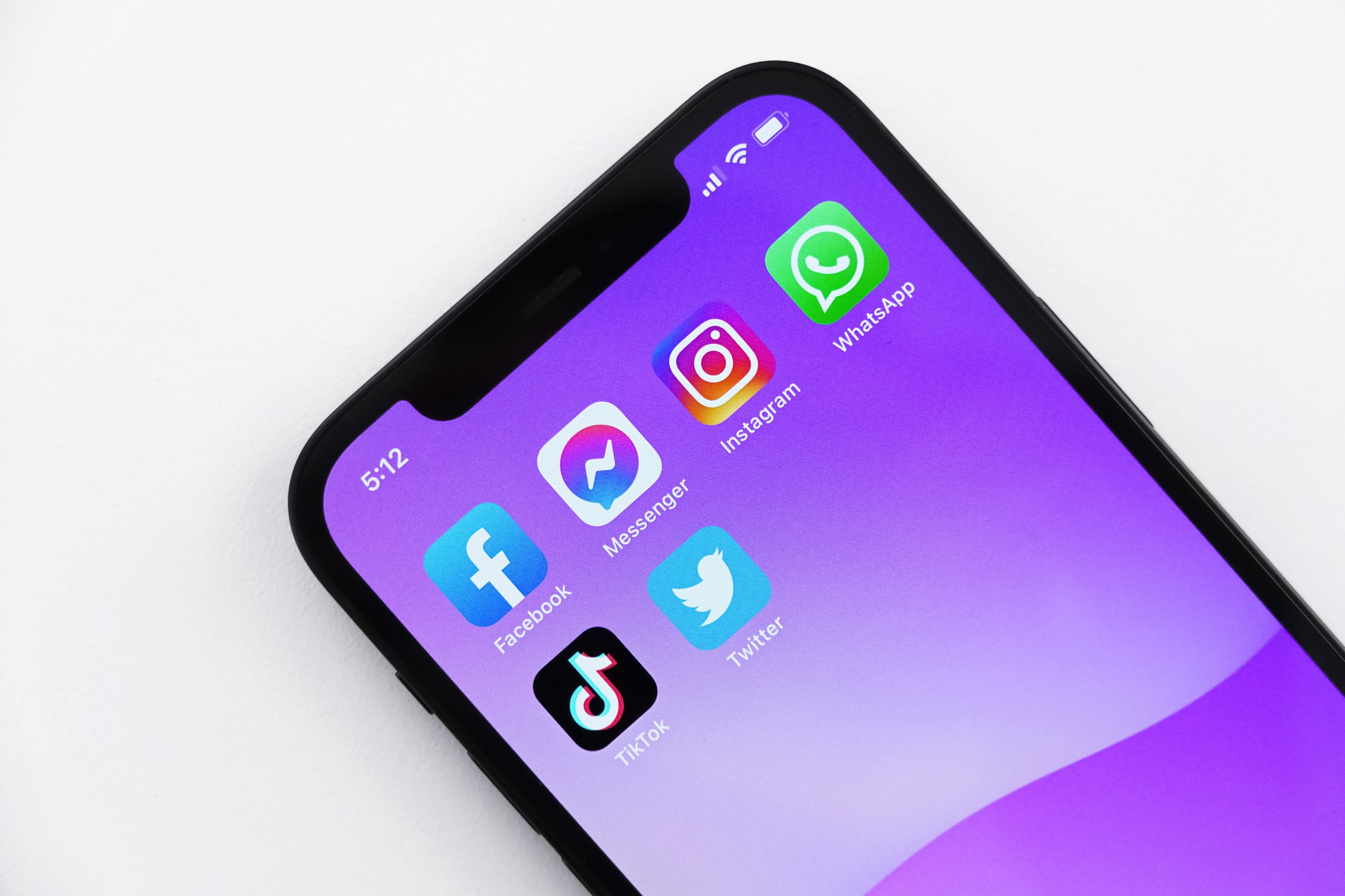
Level Up Your Organization Head: the art of Executive Brand Building
An organization’s brand is multifaceted. There are visual elements and written components, the latter of which stretches from the core mission to key messages. Somewhere in between is the face of the organization–the CEO, the Executive Director, the Head of School, etc.

The Push + Pull of Word of Mouth (WOM) Marketing
While it can be difficult to measure the impact of your organic social media, website analytics, traditional advertising, signage, and more beyond views and engagements, these channels are necessary to amplify the WOM message. Digital marketing yields memorable engagement opportunities that aren’t possible with human-to-human interaction. Should a crisis occur (hopefully not), your digital channels are critical for information sharing. They also allow for controlled efforts to building and maintaining brand awareness and equity.
In a noisy world, where messages need to be seen and heard multiple times, but the personal touch is of utmost importance, the confluence of word of mouth and digital/traditional marketing are complements and truly provide a well-rounded and effective experience for the customer.

Part I: It’s Here! (The Time to Think About Your Giving Tuesday + EOY Campaigns, That Is)
You might think it’s blasphemous to start ideating themes, content, and campaign ideas when the leaves haven’t even started falling. However, these campaigns are critical to the overall success of nonprofit organizations, including closing a budget gap. Not to mention that each of these pieces takes time to thoughtfully create. The last thing you want to end up with is a rushed, thrown-together, piecemeal campaign that doesn’t resonate.

Communicating Your Impact Through an Annual Report
Through storytelling, infographics, charts, testimonials, and other dynamic information–even video–nonprofits and schools can highlight the outcomes and benefits that they have achieved for their core audiences.

Yes, You Need Brand Guidelines.
One of the first questions that I ask when I meet with a prospective client is if they have branding guidelines. It is easy to get immersed in your mission, programs, products, and/or services in a small shop, independent school, or small business. However, overlooking this critical element of your brand can be a missed opportunity.

The Anatomy of an Email Subject Line
47% of consumers decide whether to open an email based on its subject line. It’s the first thing a recipient sees and must capture the attention, be relevant, and entice your audience to open. Satisfactory subject lines give the recipient a clear idea of what’s in the email. Better subject lines compel the recipient to open the email.

Your Logo is Not Your Brand
Branding is the process of creating an identity for a business that is different and distinct from others in its space. You’re creating an experience in the mind of the consumer.

Awareness First. Then Conversion.
Marketing is often a game of patience. Results do not come overnight and you might will trip and slip on the way to success, especially if your business/organization is in its infancy. Before you can expect to “sell” your product or service, your target audience must: 1) know about it 2) see it at least a half-dozen times 3) understand how it solves a problem or creates awareness of a problem they didn’t previously know they had and 4) see why it’s different from others in the space.

What’s in a Brand Name?
Naming a brand or sub-brand might sound easy…you have a brilliant concept and POOF. The name just appears. While that unicorn might have appeared once or twice, it is an exception and not the norm, so don’t get frustrated if you have been trying to name a business, nonprofit, sub-division, event, product, etc. There are many elements and variables that factor into establishing a brand name.

Your Guide to Marketing Outsourcing in 2023
Considering budgeting for marketing support in 2023, but not sure where to start? If you are on a calendar fiscal year, it's highly likely that your budget season is in full swing, and perhaps even finishing up the process.
From strategy to planning to social media management, there are many ways to slice and dice your marketing, and maximize the budget dollars that are available to you.

The Importance of a Discovery Process
The discovery and auditing process of a marketing project yields data and information that sets the stage for strategic development and planning.

Adding Value via an Email Welcome Series
As a consumer, do you appreciate a welcome email or series of emails when you subscribe to a newsletter or email list?
Perhaps a personalized salutation makes you feel as though the company is speaking directly to you.

Summer Cleanout: The Attic Known as Your Website
Is your website an attic? Do you stuff it with lots of content, but never take anything out?

A Marketing Professional’s Lens on Google Analytics 4
The evolution of Universal Analytics to GA4 may provide robust data as it relates to overall visitor engagement, however, the dashboard, navigation, and eliminated metrics are not a welcomed change.

Benefits of the Discovery Process
The discovery process in any marketing project yields critical information that drives strategic development. While there’s a time and place to make gut-based decisions, when making an investment intended to build awareness and increase conversions, you want to use actual data!

Making Data-Driven Decisions on Social Media
There is an immense amount of noise on social media. Ads. Political diatribes. Asks for nanny recommendations. Solicitations for gifts to charity. You name it, it’s on social media.

Social Media: Thinking Strategically, Implementing Methodically
Don’t press that post button yet. If you are currently posting content to social media without a strategy, or if you are thinking about launching a social presence, read this post and then go forth and prosper.
Not having a social media strategy is like preparing for a marathon without a training plan, though with a few simple steps, you’ll be well on your way to stamina and success.

Developing User Personas
A persona is a representation(s) of your customer base. You may have one target audience, you may have multiple. Creating user personas allows you to steer your messaging, meet your potential clients/customers where they are, and continue to add value to current clients/customers (so they keep coming back AND tell their friends).
